Green credit stagnates
In recent times, the banking system has made many efforts to promote green credit, from completing guidance documents, implementing specialized programs, to building an environmental and social risk management framework. According to the State Bank, by the end of September 2025, green credit outstanding balance reached about VND 744,000 billion, accounting for 4.2% of the total outstanding balance of the economy . The growth rate in the first 9 months of the year reached 9.4% compared to the end of 2024.
However, this figure is significantly lower than the 13.37% increase in credit for the entire economy and even lower than the average increase of 21.2% per year in the 2017-2024 period, the period when green credit often increased significantly compared to general credit.
Ms. Pham Thi Thanh Tung, Deputy Director of the Department of Credit for Economic Sectors, State Bank, said that recently, credit institutions have made efforts to issue internal policies on green credit, expanding cooperation with international partners such as WB, ADB, AIIB, AFD or JBIC to access support capital. At the same time, millions of loans have been assessed for environmental and social risks.

Credit institutions strive to provide green credit. Photo: Agribank
However, the State Bank representative pointed out that institutional and technical barriers remain a major challenge. “Vietnam has issued a Green Classification List under Decision 21/2025/QD-TTg, but there is still no unified process to certify green projects, no separate set of criteria for circular economy or ESG projects. The green bond market and sustainable finance are still in their infancy. ESG data among organizations has not been shared synchronously,” said Ms. Pham Thi Thanh Tung.
These bottlenecks make it difficult for green credit, which requires clear standards for risk pricing, to make a breakthrough. In that context, the State Bank representative emphasized the need to perfect guidelines for certifying green projects, develop the carbon market, expand the domestic green bond market and create conditions for banks to access international capital sources at reasonable costs.
A push for the private sector to enter the "green game"
The current picture also shows a clear truth that green capital is not lacking in demand, but is lacking a suitable trigger mechanism to offset large investment costs and long-term risks. That is the foundation for the 2% interest rate support policy to be expected as a new "oxygen dose".
In the Government Office ’s announcement of the conclusion of the recent meeting of the Steering Committee for the implementation of Resolution 68, the Prime Minister requested the Ministry of Finance and the State Bank to submit a 2% interest rate support mechanism in November. The goal is to reduce capital costs for private enterprises, business households and individual businesses implementing green, circular projects or projects that meet ESG standards.
Accordingly, the Ministry of Finance will submit a decree guiding the policy of interest rate support through non-budgetary State financial funds; the State Bank will submit a decree guiding the 2% interest rate support through commercial banks. The Ministry of Agriculture and Environment is required to issue guidelines for identifying green, circular, ESG projects this month, in order to create a legal basis for implementing interest rate support.
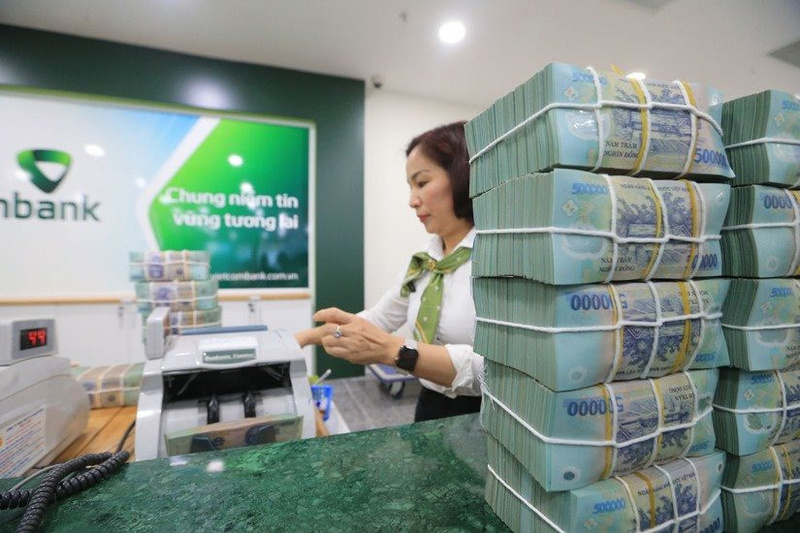
By the end of September 2025, green credit balance will reach about 744,000 billion VND. Photo: Duy Minh
Deputy Governor of the State Bank Doan Thai Son said that the State Bank is finalizing a draft decree to support 2% interest rate per year from the budget for loans to implement green or circular economy projects. Beneficiaries are private sector enterprises, households and business individuals, excluding state-owned enterprises and FDI enterprises.
This mechanism, combined with Decision 21/2025, is expected to create a “dual framework” for green transformation as a strategic orientation tool (prescribing criteria and green classification categories) and a direct impact tool (reducing loan interest rates by 2%). This is the foundation for forming a complete value chain, from standards, technology, finance to practical implementation, bringing the green transformation process from orientation to action.
However, not all businesses need the same support. Dr. Chau Dinh Linh, Banking University of Ho Chi Minh City, commented that many large enterprises and FDI enterprises have quickly applied ESG standards to meet the international market. However, this is not the group that needs urgent support. On the contrary, domestic private enterprises are the ones that really need a "push" to transform.
Mr. Linh said that most Vietnamese enterprises still operate in traditional fields, serving the domestic market, where green criteria have not really influenced consumer behavior. If supported, domestic enterprises will have the opportunity to expand the market, improve brand image and create new consumer trends.
According to Associate Professor Dr. Nguyen Dinh Tho, Deputy Director of the Institute of Strategy and Policy on Agriculture and Environment, interest rate support for the private sector is key to overcoming the initial cost barrier of fields such as renewable energy, recycling, waste treatment, smart agriculture or green transportation. When capital costs are reduced, businesses will have the motivation to restructure capital flows in a greener direction, creating a strong market signal for sustainable investment.
However, experts agree that the appraisal and supervision of green projects must be carried out strictly. Not only must they meet environmental criteria, but the project must also ensure the ability to generate cash flow, financial efficiency, clear debt repayment plans and the ability to recover capital. This is an important condition to avoid "greenwashing" and ensure that interest rate support is used for the right purpose.
It can be seen that the 2% interest rate support policy is opening up new expectations for green capital flows in the context of slowing green credit growth and increasingly urgent investment needs for green transformation. If operated effectively, this mechanism can help the private sector, the core force of the economy, enter the green transformation orbit faster and more sustainably, creating new growth impulses in the context of Vietnam moving towards the goal of net zero emissions.
According to Dr. Nguyen Quoc Hung, Vice Chairman and General Secretary of the Vietnam Banks Association: The development of sustainable finance and green finance in Vietnam is still in its early stages, requiring a unified system of standards, a reliable ESG database and clearer policy support mechanisms.
Source: https://congthuong.vn/dong-von-xanh-sap-don-xung-luc-moi-tu-co-che-ho-tro-lai-suat-2-430610.html


![[Photo] General Secretary To Lam receives Governor of Kanagawa Province (Japan) Kuroiwa Yuji](https://vphoto.vietnam.vn/thumb/1200x675/vietnam/resource/IMAGE/2025/11/15/1763204231089_a1-bnd-7718-5559-jpg.webp)

![[Photo] General Secretary To Lam receives Vice President of Luxshare-ICT Group (China)](https://vphoto.vietnam.vn/thumb/1200x675/vietnam/resource/IMAGE/2025/11/15/1763211137119_a1-bnd-7809-8939-jpg.webp)
![[Photo] Panorama of the 2025 Community Action Awards Final Round](https://vphoto.vietnam.vn/thumb/1200x675/vietnam/resource/IMAGE/2025/11/15/1763206932975_chi-7868-jpg.webp)




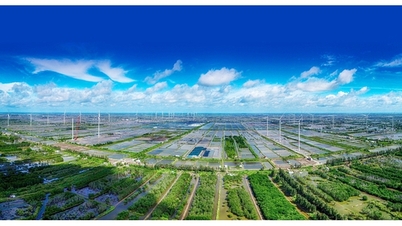

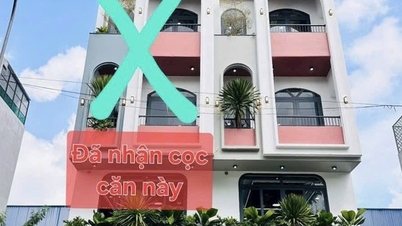



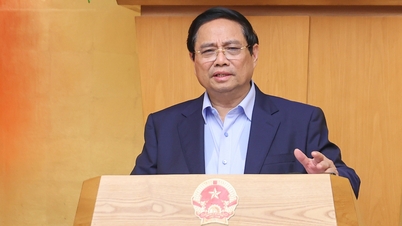


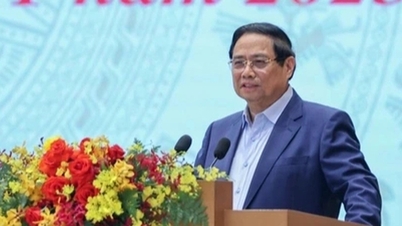

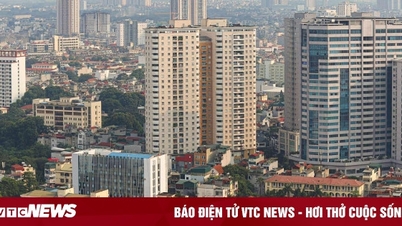





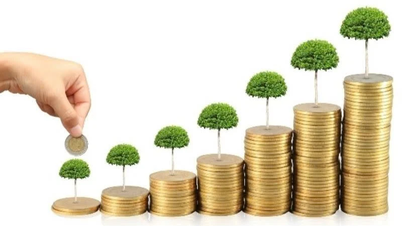





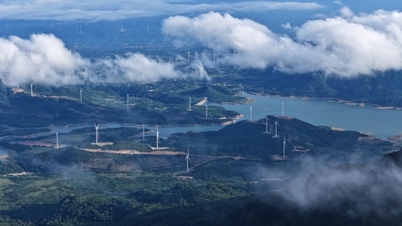
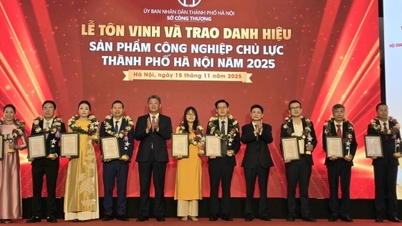
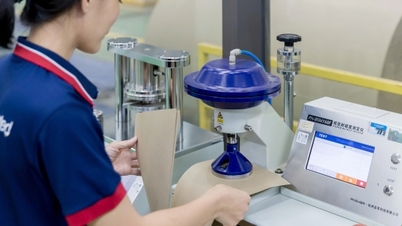
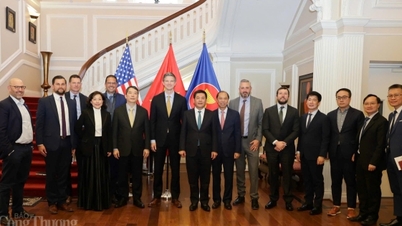

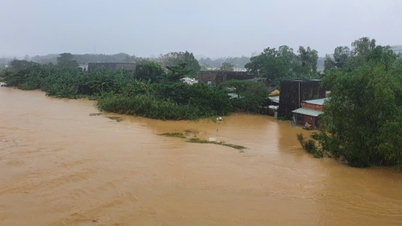







































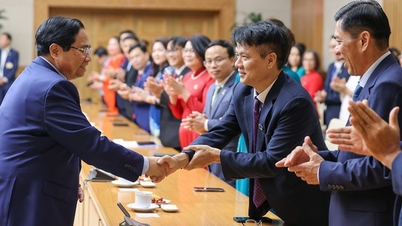
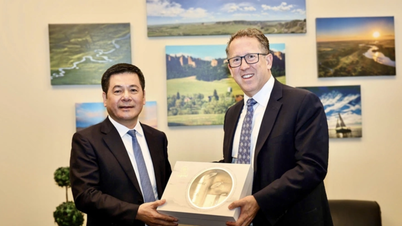



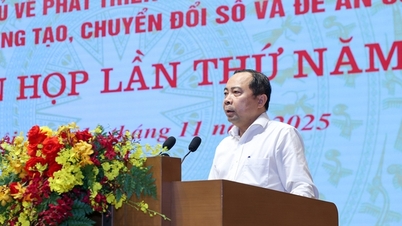

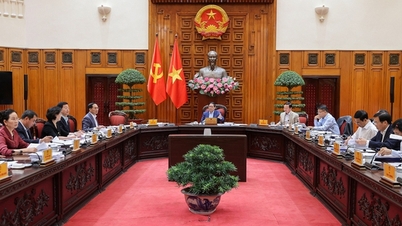
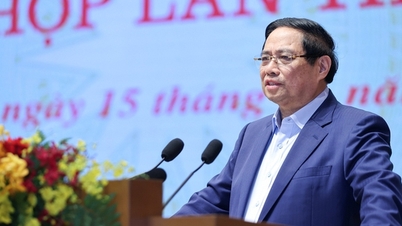



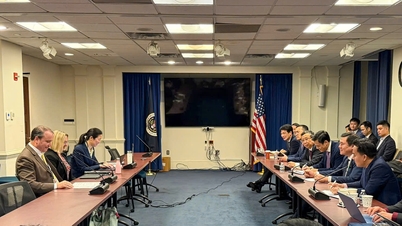



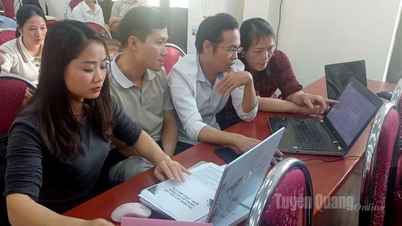

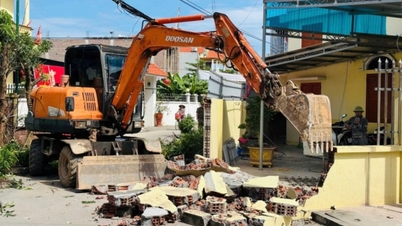
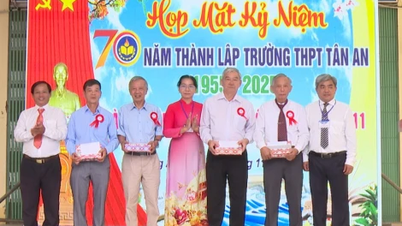















Comment (0)